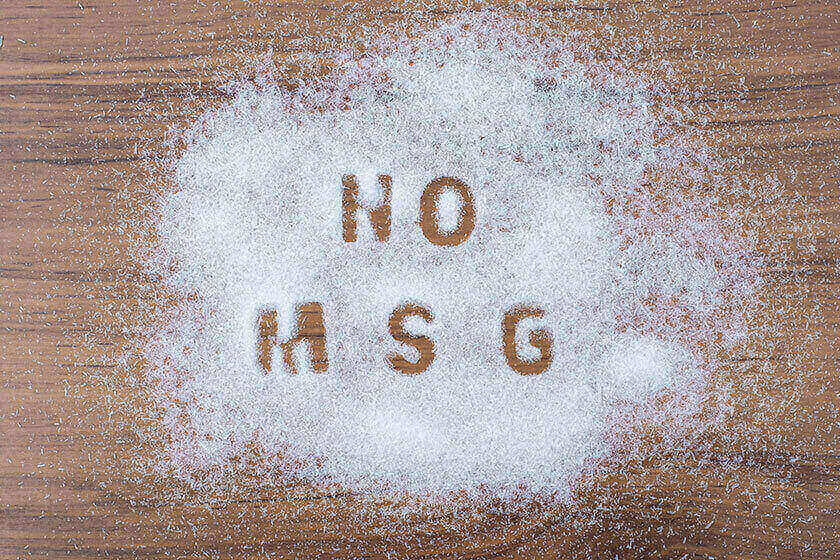Sodium is a mineral that may be found in a variety of foods, although it is most commonly found in the form of sodium chloride in salt. Salt is commonly used in food as a preservative, taste enhancer, and to keep meals moist. Adding salt to your food surely makes it taste better. However, did you know that it raises your risk of high blood pressure and heart disease? A low-sodium diet provides a slew of health advantages. As such, the American Heart Association suggests that you limit your salt intake to 1,500 mg per day. Check out these benefits of low sodium diet and make the switch whenever you are ready.
Reduced Blood Pressure
Transitioning to a low-sodium diet has been found in studies to cause minor but substantial changes in blood pressure, particularly in those with high levels. The analysis also found that a moderate reduction in salt intake for four weeks or longer resulted in significant blood pressure reductions in persons with both high and normal blood pressure. If your loved one is suffering from high blood pressure, perhaps it is time to cut down on their sodium intake.
Better Vision
As mentioned, when you follow a low-sodium diet, your chances of developing high blood pressure are significantly reduced. Relatedly, high blood pressure damages blood vessels and might possibly cause eyesight loss. Therefore, low-sodium diets are associated with better vision.
Decreased Risk of Cancer
High-salt diets have been related to cancer of the stomach and other organs. A diet that is rich in sodium has also been proven to harm the mucosal lining of the stomach, cause inflammation, and promote the growth of the H. Pylori bacterium, all of which can increase the risk of stomach cancer. Hence, consuming a diet low in sodium and high in fruits and vegetables can lead to a decreased risk of stomach cancer.
Decreased Risk of Obesity, Diabetes, and Heart Disease
Sodium is abundant in many unhealthy foods. Fast food, packaged foods, and frozen meals are heavy in harmful fats and calories, in addition to being high in salt. When on a low-sodium diet, these high-salt items are off-limits which may enhance the overall quality of your diet. As such, it will decrease your risk of obesity, diabetes as well as heart disease.
Healthier Electrolyte Balance
Maintaining electrolyte balance is critical for maintaining your body’s pH equilibrium and ensuring appropriate muscular function. One of the primary components of this electrolyte is sodium. You can avoid dehydration,muscle cramps and bloating if you keep your sodium level stable by not having too much salt intake.
Feeling Energized
Maintaining your energy levels is easier with a low salt diet. High salt consumption causes artery thickness, which causes your heart rate to rise owing to a lack of blood flow. As a result, you are easily exhausted. However, if you follow a low-sodium diet, your arteries will be spared from clogs, and you will feel less tired and more energized.
Experience Personal Care with Seaton Springwood
Looking for a retirement community where you can enjoy living independently while also benefitting from 24-hour care? Seaton Springwood is the place for you! With our Personal Care option and various amenities, you can rest easy knowing that you are in good care with the help of our dedicated team. To find out more, contact us today!







